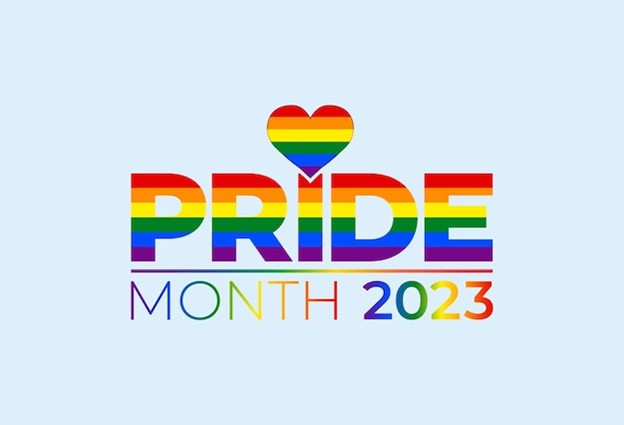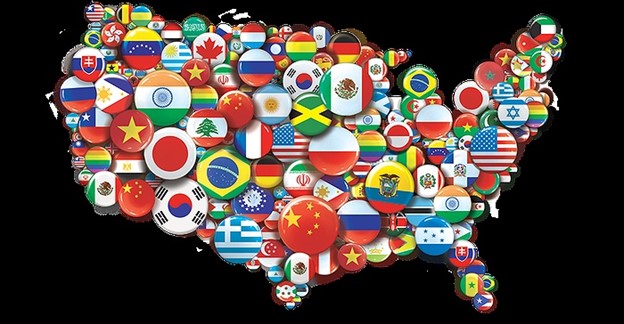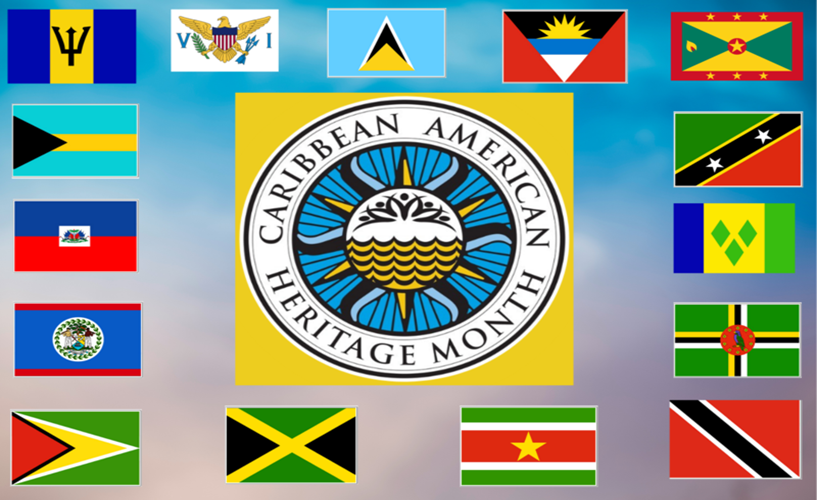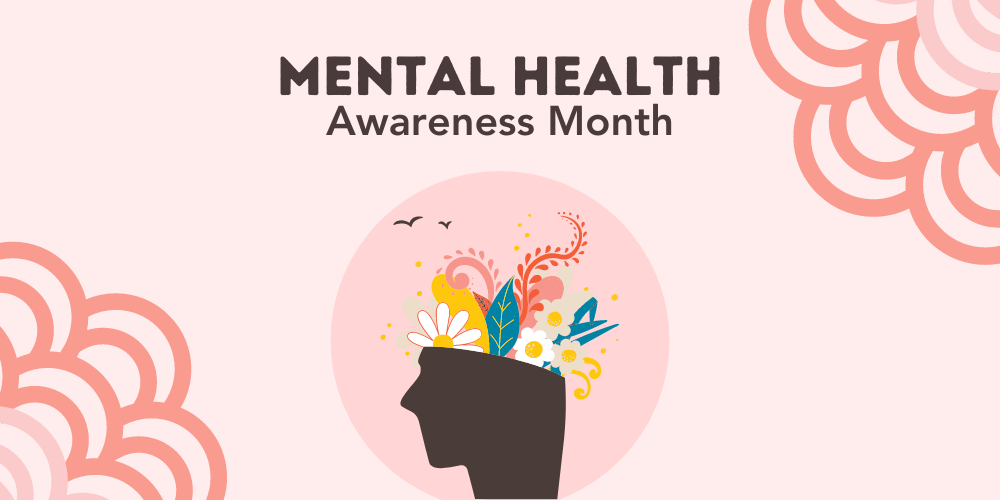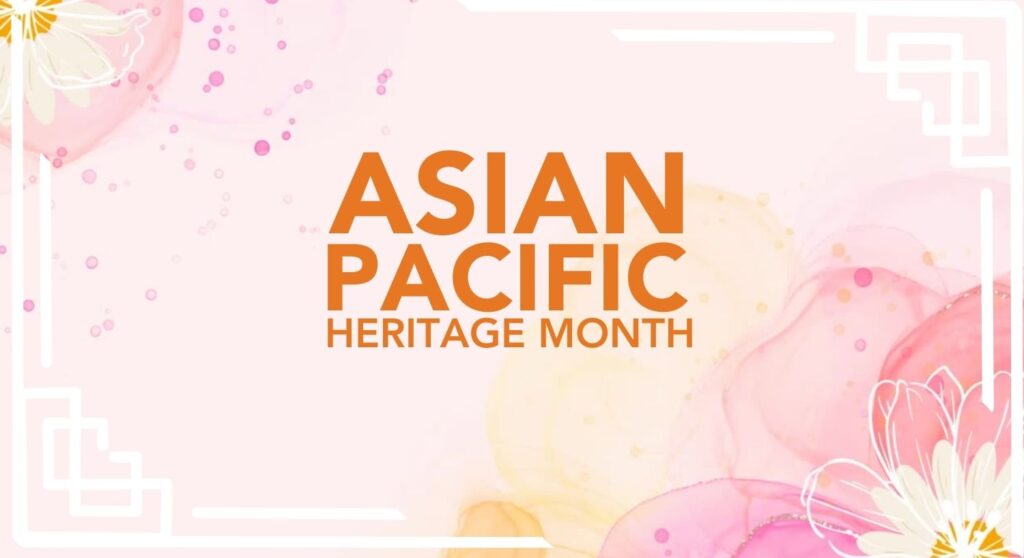
The Tulsa Race Massacre, also known as the Tulsa Race Riot, occurred on May 31 and June 1, 1921, in Tulsa, Oklahoma, United States. It was a tragic event of racial violence and destruction, primarily targeting the prosperous African American community of Greenwood, often referred to as “Black Wall Street.”
The massacre began after a white woman accused a young African American man of assaulting her, which led to a white mob gathering at the Tulsa County Courthouse. The situation quickly escalated into widespread violence, with mobs of white residents attacking and destroying homes, businesses, and churches in the predominantly Black neighborhood of Greenwood. Rioters killed dozens of African Americans, leaving the entire community devastated.
There continue to be debates about the exact number of casualties and the extent of the damage. However, as much of the history and accounts of the massacre were suppressed or ignored for many years, there is evidence of this unnecessary act of violence against a thriving Black community. The event was primarily omitted from history books and not acknowledged until decades later.
The Tulsa Race Massacre remains a significant and tragic chapter in American history, highlighting the systemic racism and violence endured by African Americans during that time. Efforts have been made in recent years to uncover and acknowledge the full extent of the tragedy, promote healing, and support the survivors and descendants of the victims. The centennial commemoration of the massacre in 2021 brought renewed attention to the event and its ongoing impact on the community.
There are several meaningful ways to acknowledge the Tulsa Race Massacre and its impact:
- Education and Awareness: Learn about the history of the Tulsa Race Massacre by reading books, articles, and historical accounts. Educate yourself about the broader context of racial violence and systemic racism in American history. Share this knowledge with others, including friends, family, and colleagues, to raise awareness.
- Remember and Honor the Victims: Pay tribute to the victims of the Tulsa Race Massacre by attending memorial services, vigils, or commemorative events. Support efforts to erect memorials and markers that acknowledge and remember the lives lost during the massacre. Visit the Greenwood District and other relevant historical sites to understand the magnitude of the tragedy.
- Support Survivors and Descendants: Reach out to survivors and descendants of the Tulsa Race Massacre to show empathy, offer support, and listen to their stories. Acknowledge the intergenerational trauma resulting from the massacre and provide resources and platforms for their voices to be heard.
- Promote Healing and Reconciliation: Engage in dialogue and conversations about racial reconciliation and healing. Support initiatives that seek to address racial disparities and promote social justice in Tulsa and beyond. Advocate for policies and practices that foster inclusivity, equality, and respect for all.
- Foster Community Engagement: Get involved in organizations, initiatives, or community projects that promote racial harmony, understanding, and unity. Support local businesses and institutions in the Greenwood District and contribute to the community’s economic revitalization.
- Support Historical Research and Documentation: Encourage and support ongoing efforts to document, preserve, and disseminate the history of the Tulsa Race Massacre. This includes supporting academic research, archival projects, and initiatives to uncover hidden or suppressed historical records.
- Amplify Black Voices: Elevate and amplify the voices of Black leaders, scholars, artists, and activists working to address racial injustice and promote equality. Share their work, attend events, and actively listen to their perspectives.
Remember, acknowledging the Tulsa Race Massacre is an ongoing commitment. It involves recognizing the past and actively working towards a more just and inclusive society.
To learn more: Tulsa Race Massacre begins (history.com)

